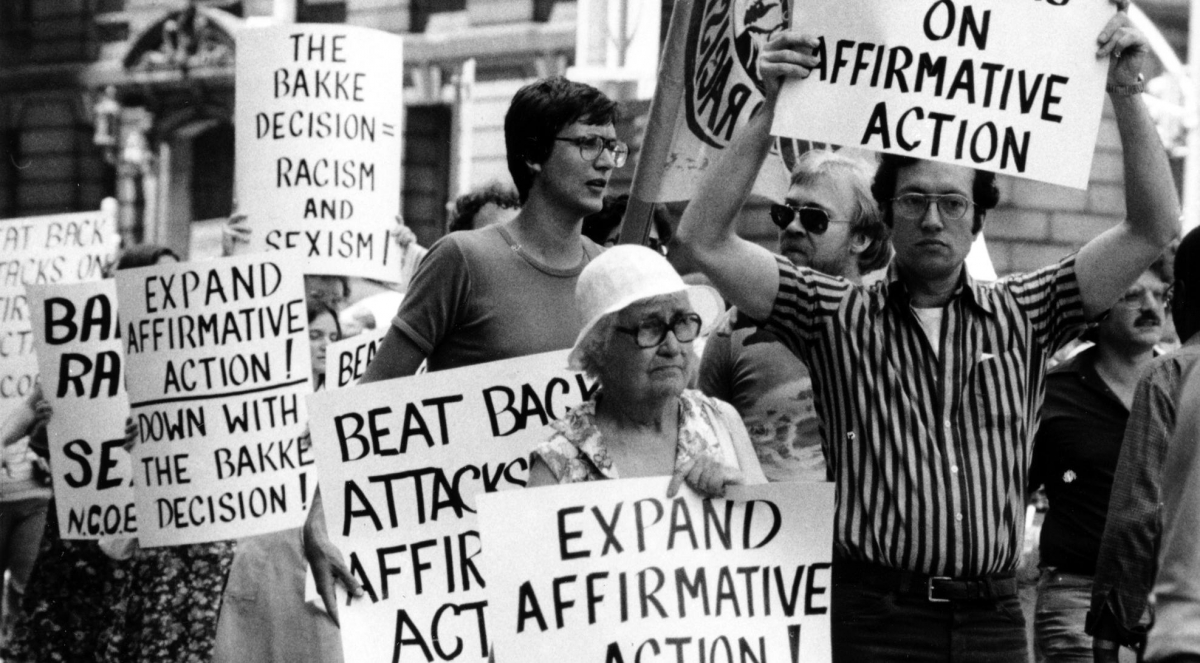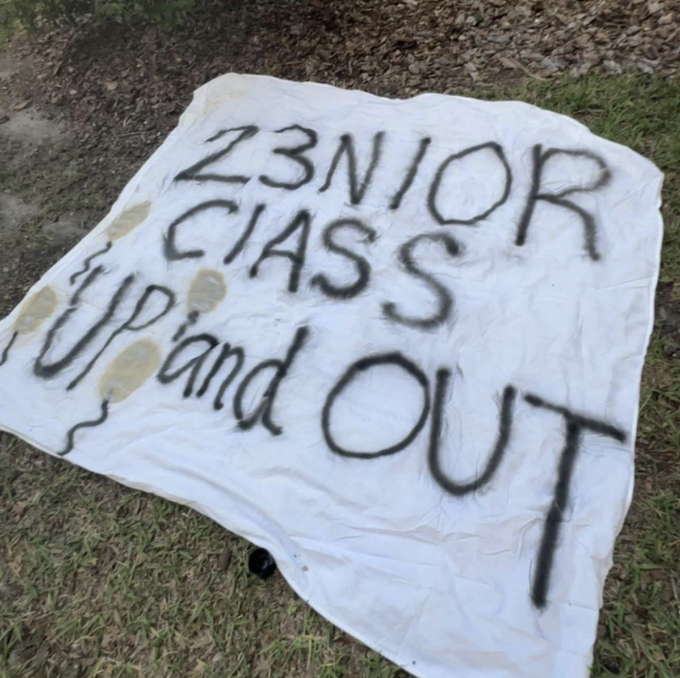There is nothing more exciting and nerve-racking than opening college applications to see if you got accepted into the school of your dreams. Many factors are considered when it comes to the application and acceptance process.
In addition to extracurricular activities, such as sports and volunteering, GPA, standardized testing, and advanced placement courses are also considered since schools look at many categories when it comes to a holistic admissions process.
While the Supreme Court has ruled that racial quotas (numerical requirements for hiring, promoting, admitting and/or graduating members of a particular racial group) are unconstitutional, affirmative action, which involves considering race as one of many factors in the admissions process to promote diversity, has been upheld in certain cases at a large portion of colleges within the United States.
One of the extraneous factors considered in college applicants is Affirmative action. Affirmative action refers to policies and practices aimed at addressing historical and systemic disadvantages faced by certain groups, in most cases racial and ethnic minorities. Affirmative action’s goal is to promote equal opportunities in areas such as education, employment, and business marked by discrimination in the past. The goal of programs such as affirmative action is to prevent exclusion of certain groups in society due to their background, however, some individuals believe that it may promote discrimination or make it harder for those groups who have historically been known to be on the side in power of the systemic racism scale to face a disadvantage in modern day applications due to their race.
When we asked students at Steinbrenner what their definition of affirmative action is we received multiple interpretations of the term itself.
“To me it means helping prevent discrimination by giving everyone an equal opportunity but at the same time it feels like it might not be fair to other people,” said junior Zaina Khan.
Affirmative action is still a relevant debate on inclusivity and preventing discrimination with a diverse range of viewpoints.
Senior Ayush Sharma explains, “Although institutionalized racism still exists in society the effects of affirmative action, at least how it’s been perceived by the public, is that it is an outdated system and should consider socioeconomic standing and other factors other than just race.” Sharma himself applied to 16 colleges because he wanted to feel more confident when it comes to getting into a school.
Senior Jose Martinez believes that affirmative action, “…would definitely benefit me in the past because I am Hispanic but not as much anymore since quotas have been removed from the application process.” He also expresses, “I think the idea behind it is to help eliminate discrimination, but in the end looking at students solely on ethnicity and race furthers discrimination.”














